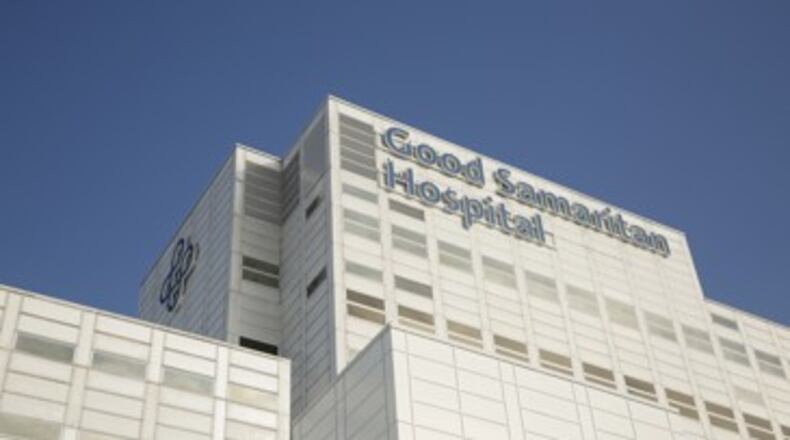Premier had operated two hospitals in Dayton — Miami Valley and Good Samaritan — and closed Good Samaritan in July, saying it couldn’t justify two hospitals five miles apart in a city with a declining population and falling hospital admissions. The Dayton-area residents for whom Good Samaritan is the closest hospital are 75 percent African American.
U.S. Sen. Sherrod Brown’s spokeswoman Jennifer Donohue said the senator “agrees with Mayor Whaley and the community that Good Samaritan should refrain from tearing down the hospital until the investigation is complete.”
Brown is running for re-election this year against Republican Congressman Jim Renacci.
“I stand with the Dayton community, the Clergy Community Coalition and Mayor Whaley in calling for Premier to resist demolishing or disabling the buildings in light of the federal investigation,” said Theresa Gasper, who is running against U.S. Rep. Mike Turner, R-Dayton, in the 10th District race.
Neither Turner nor Renacci, R-Wadsworth, have taken a public position on the civil rights complaint or tearing down the hospital.
Turner said he’s working “very close with the community response team on the site.”
Turner did not offer specifics about his involvement with the Good Samaritan property redevelopment. Nor did Premier confirm the congressman’s participation in any redevelopment discussions.
“It would be most appropriate for any specifics regarding Congressman Turner’s involvement in the Good Samaritan Hospital transition process to come from his office,” said Ben Sutherly, a spokesman for Premier Health.
Credit: Tom Williams
Credit: Tom Williams
Asked last week about the hospital site, Renacci said he had not taken a position on tearing down the hospital. He said he would look closer at the issue and then determine “the best course of action.”
“It’s an election year and I’d expect our senator (Brown) to always say things like that,” Renacci said. “We have hospitals that are closed around the state and he’s said the same thing and those hospitals are still closed.”
A spokeswoman for U.S. Sen. Rob Portman, R-Ohio, declined to comment for this article.
What’s next?
HHS’s Office of Civil Rights will determine whether or not civil rights have been violated. If rights have been violated, the provider being investigated must come up with an action that corrects the violation.
In the case that the provider is found guilty of a civil rights violation and can’t come up with a satisfactory corrective action, then the civil rights office can terminate federal financial assistance to Premier, including Medicaid and Medicare dollars. On average, about 79 percent of patients in the Dayton region are covered by Medicaid or Medicare.
A potential corrective action for Premier would be the reopening of the hospital, which could not happen if the hospital is torn down. But Premier Health has said the building is antiquated, while acknowledging people calling for the building to remain standing “have the community’s best interests in heart.”
“The costs of maintaining a 2-million-square-foot building are daunting, and neighbors do not want such a large building to deteriorate and become a blight in the community. Premier Health is committed to creating a shovel-ready site that’s primed for redevelopment at a major intersection in northwest Dayton,” Sutherly said.
“Since January’s announcement, no health system or local government entity has indicated any interest in acquiring the buildings as they understand that the cost of maintaining or reuse of this type of building is daunting,” he said. “As we have indicated, the costs of not only maintaining the building but keeping it up to code are very high, and unlikely to attract another provider, particularly given the declining population in Northwest Dayton, the availability of vacant land and buildings in Northwest Dayton and the ready availability of other health care providers within a few miles of the Philadelphia Drive site.”
About the Author



